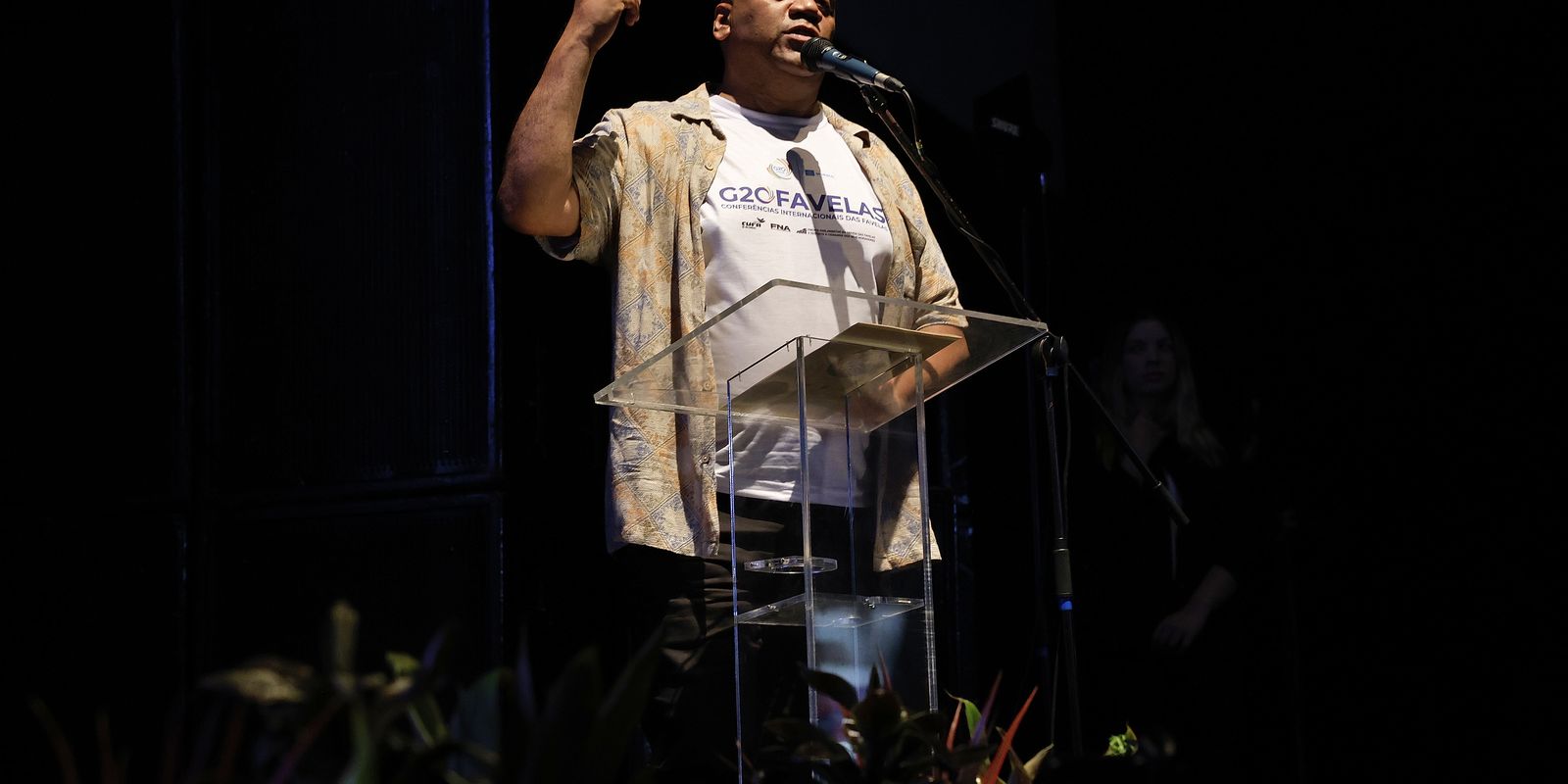Energy transition and climate justice are two central concerns of civil society organizations that met during the week in Rio de Janeiro, during the Preparatory Meeting of the G20 Social Summit. The first proposals of the document, which will be delivered to the G20 countries in November, highlight the importance of a National Climate Change Plan focused on adaptation and building resilience for the most vulnerable groups.
Among the entities that have engaged in the issue are the National Council of Extractive Populations (CNS), Climate and Society Institute, Sindipetro-RS, Carta de Belém Group, Central Única dos Trabalhadores (CUT), Brazilian Association of Non-Governmental Organizations (Abong), Landless Rural Workers Movement (MST), Central Única das Favelas (Cufa) and the Single Federation of Oil Workers (FUP).
The first proposals will be on the Brasil Participativo platform. Based on this basic text, anyone in the world who registers can make suggestions. The final document will be submitted to the G20 Social Summit (an international forum for economic cooperation that brings together 19 countries and the European Union), scheduled for November 14-16.
The group’s proposals reflect a vision of sustainability that integrates social justice, environmental protection and the active participation of local communities, seeking to influence the G20 global agenda for more inclusive and resilient governance. The need to integrate social and environmental issues into policies for decarbonizing the economy was also emphasized.
The following are highlights of the initial proposals:
“Climate Finance. The group argued that nature should not be financialized, but treated as a common good. They proposed that G20 countries lead a process to increase climate finance commitments, with new and additional resources, targeted especially at developing countries most vulnerable to climate change.
Artificial Intelligence and Data. They suggest the creation of a national environmental data system, with public and private data, that dialogues between the national and local levels, promoting citizen data generation recognized by the state.
Just Energy Transition. They proposed that the G20 promote universal and equitable access to clean energy, with decentralized and distributed generation. They recommended safeguards to protect ecosystems and local communities, including a global moratorium on oil and gas.
Protection of Coastal Biodiversity. They proposed a fair energy transition for the artisanal fishing sector, with the blocking of wind farms offshore that impact biodiversity and traditional communities.
Social Participation. They advocate a fair transition with broad social participation, including unions and associations, ensuring collective bargaining and decent work, with special attention to children and adolescents.
Agroecology and Forest Protection: They recommend an agroecological transition, with divestment in activities that destroy the forest and redirection of investments towards alternatives that guarantee forest protection and the demarcation of indigenous territories.”


















